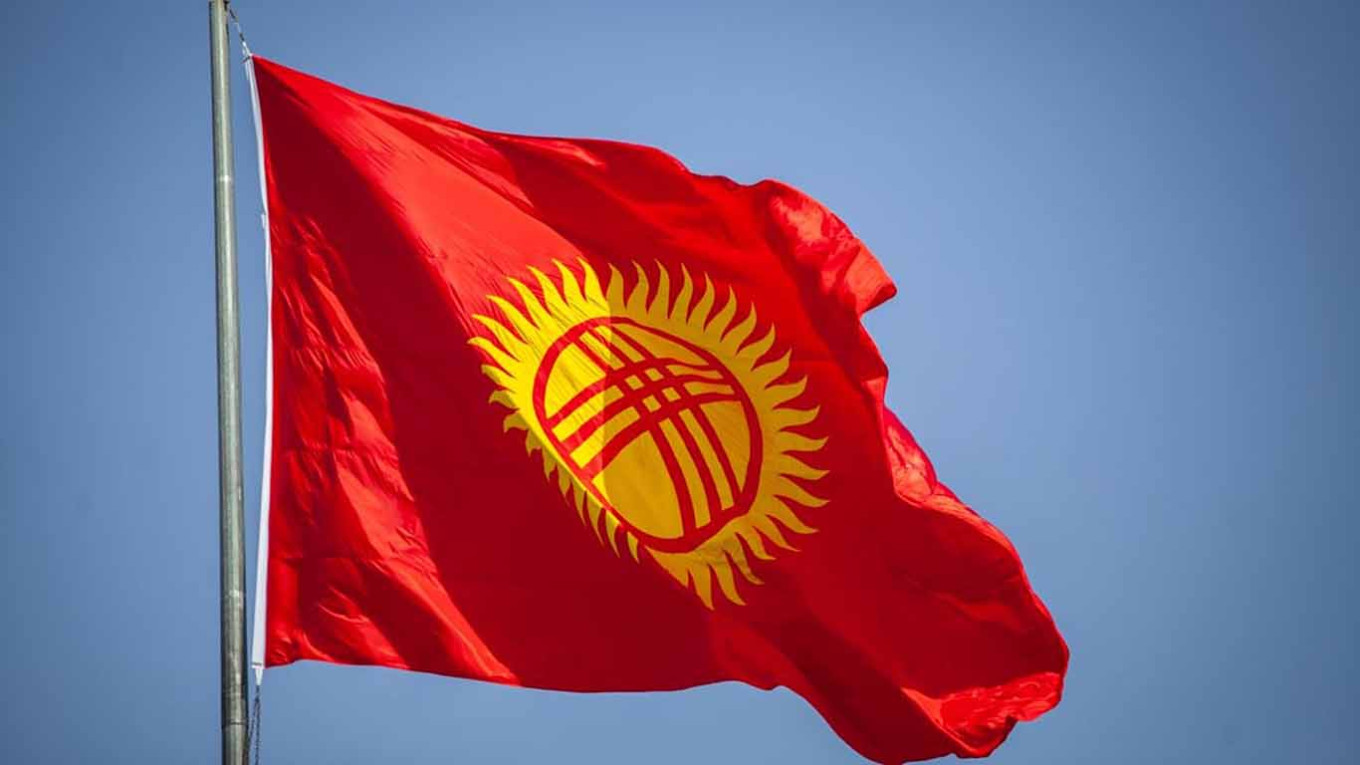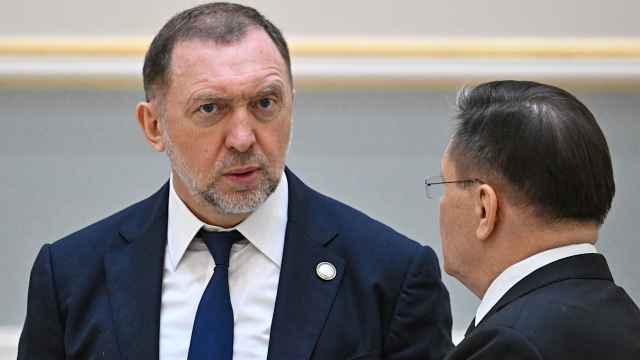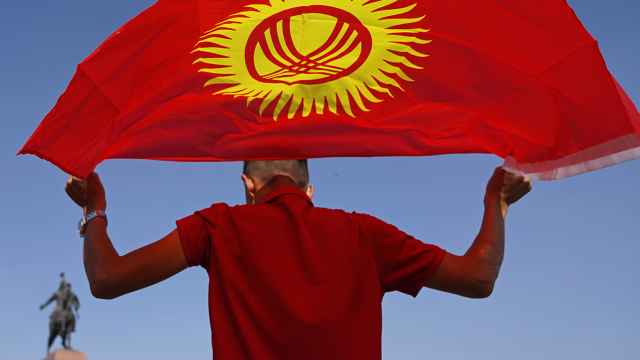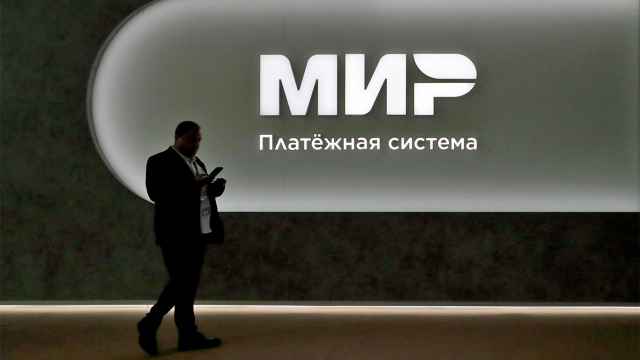Banks across Kyrgyzstan are tightening restrictions on financial transactions involving Russian companies, citing fears of U.S. secondary sanctions, the RBC news website reported Monday.
According to trade consultants and legal experts, payment processing times have increased, commission fees have doubled and some transfers from Russian firms have been halted altogether.
Russia accounts for more than 90% of cross-border payments in Kyrgyzstan. In 2023 alone, Russian entities sent $2.8 billion to Kyrgyzstan and received $370 million in return.
Several major Kyrgyz banks, including Bakai Bank, Demir Bank, Optima Bank and Keremet Bank, curtailed or suspended transactions with Russian financial institutions throughout 2024, according to the Kyrgyz news site 24kg.
The country’s central bank defended the restrictions as necessary to comply with anti-money laundering laws and client verification procedures.
Kyrgyz banks reportedly acted under heightened scrutiny after the U.S. Treasury blacklisted Keremet Bank in January 2025, accusing it of facilitating transactions with Russia’s PSB Bank, which is sanctioned for its ties to Moscow’s defense sector.
In response, Kyrgyz authorities designated Capital Bank as the sole institution authorized to handle ruble transactions, concentrating most Russia-linked transfers through a single channel.
These restrictions have disrupted trade flows. Transaction processing times now stretch up to three days, while fees have surged to as high as 3%, according to RBC. Russian companies must provide extensive documentation proving goods deliveries to Kyrgyzstan, or risk having payments blocked.
Kyrgyzstan has emerged as a key conduit for parallel imports into Russia since the invasion of Ukraine, with its imports from the European Union surging by more than 60% in the first 18 months of the war.
A Message from The Moscow Times:
Dear readers,
We are facing unprecedented challenges. Russia's Prosecutor General's Office has designated The Moscow Times as an "undesirable" organization, criminalizing our work and putting our staff at risk of prosecution. This follows our earlier unjust labeling as a "foreign agent."
These actions are direct attempts to silence independent journalism in Russia. The authorities claim our work "discredits the decisions of the Russian leadership." We see things differently: we strive to provide accurate, unbiased reporting on Russia.
We, the journalists of The Moscow Times, refuse to be silenced. But to continue our work, we need your help.
Your support, no matter how small, makes a world of difference. If you can, please support us monthly starting from just $2. It's quick to set up, and every contribution makes a significant impact.
By supporting The Moscow Times, you're defending open, independent journalism in the face of repression. Thank you for standing with us.
Remind me later.






